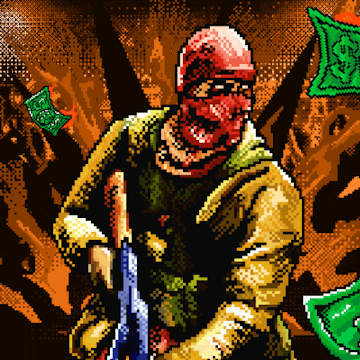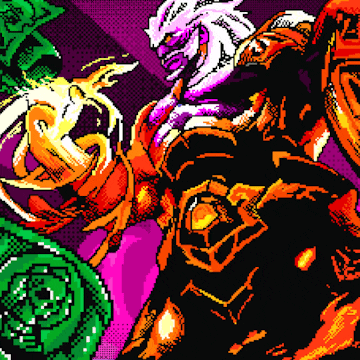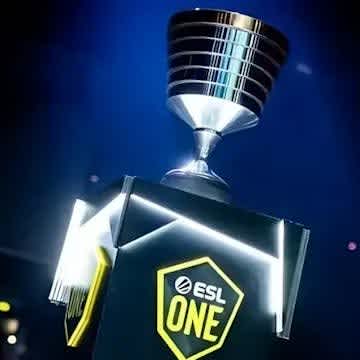Boom Baby Boom – What Went Down at BLAST Pro Series Istanbul
A short but sweet event with a unique format and an interesting “standoff” showmatch, Blast Pro Istanbul turned out to be an interesting addition to the CS:GO calendar. While the fact that ESL One New York was held simultaneously with this tournament meant that the elite field was essentially split, the rumble in the Turkish jungle have some of the lower-tier teams a rare chance to go up against the Astralis beast. Not only have they even failed to make a dent, but the Danes’ dominance has reached a level where even the basic casting principles are warped to accommodate their performances.
No country for shuffled men
In a way, Astralis’ competition was a kid with pimples and a guy in a wheelchair, or to be more precise, a set of teams still in transition. It’s a term we could seemingly apply to almost every roster in the scene for a year on running, but it’s really quite appropriate in this particular case. MiBR still haven’t managed to fit all their square pegs in a set of round holes – though YNk’s presence has certainly bolstered their capabilities while VP and Cloud9 are stuck in limbo, trying to strike gold with a series of fairly haphazard-looking roster moves. It’s also clear that Space Soldiers are not going to be able to climb higher on the tierlist with their current setup, failing to make a dent against any of the more esteemed competitors.
NiP are perhaps the most interesting case out of them all, clearly improving in a steady manner since Lekr0 picked up the IGL mantle, but they also don’t seem anywhere near their full potential – whether that’s a positive sign of future improvement or an indication of their ceiling remains to be seen. For what it’s worth, they’ve been the ones who were able to most consistently throw a wrench into Astralis’ plans since the player break with a few map wins and other close games here and there, but it’s really just a sign of the Danes’ superiority that such minor glories are worthy of a mention.

An interesting format
Not all tournament formats are created equal, and it’s always nice to see organizers experimenting with them in order to stand out from the crowd. Round robin is an interesting beast: while it is the most objective metric in larger, league-like settings, it can be problematic in smaller events where it can easily render some of the latter games meaningless. For a two-day event, it’s an interesting alternative to the usual GSL kerfuffle: while I certainly wouldn’t like to see a pile of best-of-ones as the main portion of a prestigious event… oh wait…
Where was I? Oh, right, the format. From a broadcasting standpoint, having three of them simultaneously is a pretty excessive undertaking, but it’s perhaps more understandable considering how large the skill disparity was between the certain teams, creating major differences between the audience’s interest in the individual games. It’s also worth keeping in mind that they’ve managed to crank fifteen maps, the showmatch – which seemed crisp and concise, much more interesting than watching random people playing CS poorly – and the final into a Friday and a Saturday without ridiculous delays, and having all teams on display on the same time provides a nice guarantee for the people who decide to view the event in person.
Astralis in the sky
Oh boy. You know your team is good when the casters consider your opponents getting 8 rounds on the CT side of Nuke an accomplishment. Astralis haven’t dropped a map during the group stage and only gave up more than ten rounds to NiP in the same period. One has to wonder how the finals would have gone if the Danes picked Dust 2 instead of Overpass: MiBR deserves a lot of credit for making it close but there’s no way gla1ve and co. couldn’t dig deeper if they deemed it necessary.
It’s not easy to stay on the top. The fall of Fnatic can be directly traced back to the sliding doors-moment of olofmeister’s wrist injury. SK’s slide seemed a lot more gradual, the reason behind their drop from the top much harder to pinpoint. “Why should we stop winning?” – said flusha at one point about the discussion inside Fnatic that kept their hunger up despite all their victories: perhaps the real question now is whether Astralis can maintain the sort of desire to win that propelled them to the top. They themselves seem to be the most likely candidate to put a stop to them for now – an ominous sign for everyone else in the scene.





